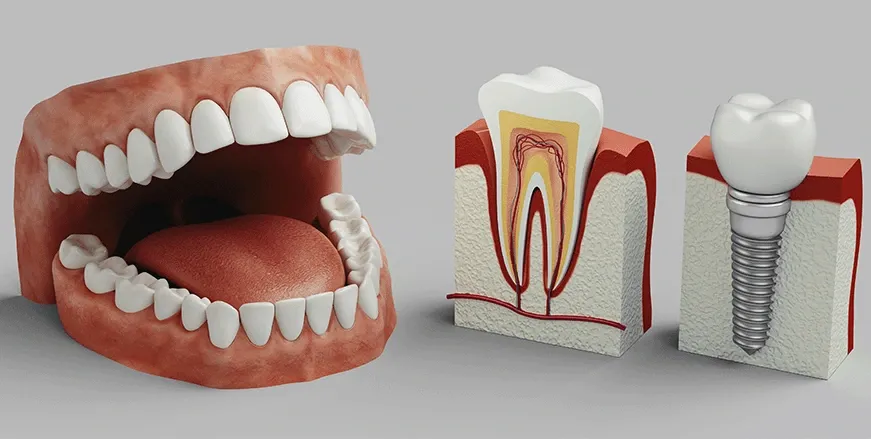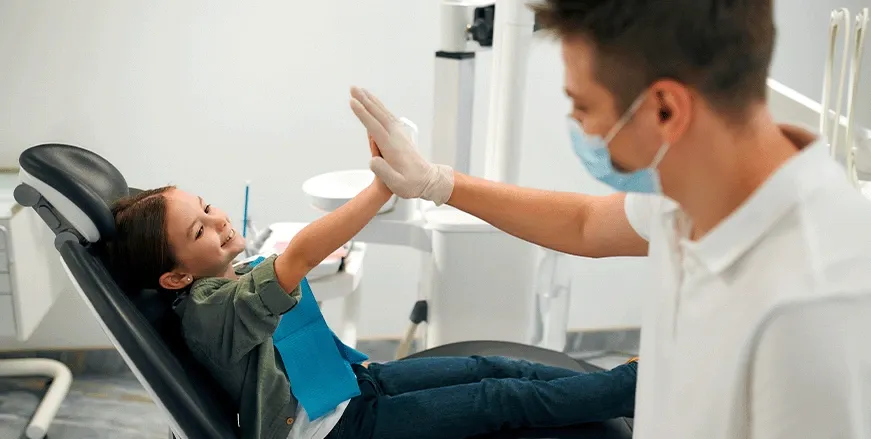Choosing the Right Dentist: General Dentist vs. Specialist

Introduction
When it comes to oral health, choosing the right dentist is as crucial as choosing the right medical doctor for your overall health. Yet, many people find themselves pondering the question: Should I see a general dentist or a specialist? This blog post aims to provide you with evidence-based insights into the critical factors to consider when making this decision.
Understanding the General Dentist
Role and Scope
A general dentist serves as a primary care dentist and is usually the first point of contact for most dental issues. They perform routine check-ups, cleanings, fillings, and minor extractions. According to the American Dental Association (ADA), general dentists are trained to diagnose and treat common dental problems and perform a variety of procedures.
Advantages
- Accessibility: General dentists are more common and often easier to find.
- Comprehensive Care: They offer a wide range of services suitable for the whole family.
- Cost-Effectiveness: Generally lower fees for basic treatments.

Specialized Dental Care
Types of Specialists
- Periodontist: Specializes in gum diseases.
- Orthodontist: Focuses on straightening teeth and bite issues.
- Endodontist: Specializes in root canal therapy.
- Prosthodontist: Deals with prosthetics like crowns, bridges, and dentures.
- Oral Surgeon: Handles complex surgical procedures.
When to Consider a Specialist
- Complex Conditions: Cases like severe periodontitis may require a periodontist.
- Advanced Treatments: Complex oral surgeries are best handled by an oral surgeon.
Advantages
- Expertise: Deep knowledge and skill in a particular area.
- Advanced Technology: Often have access to specialized equipment.
Factors to Consider
Qualifications and Training
Both general dentists and specialists usually have a Doctor of Dental Surgery (DDS) or Doctor of Medicine in Dentistry (DMD) degree. Specialists, however, undergo additional years of training. Always verify the qualifications.
Costs and Insurance
Specialists often charge more due to their specialized skill set. Check if your insurance covers specialized services.
Recommendations and Referrals
A general dentist can often recommend when specialized care is necessary and may refer you to a trustworthy specialist.

Real-World Scenario
Let's say you have a misaligned bite. While a general dentist might offer basic alignment services, an orthodontist will have a wider range of treatment options and advanced technologies at their disposal. The choice, in this case, would lean towards specialized care.
Conclusion
Deciding between a general dentist and a specialist can impact not only your oral health but also your overall well-being and financial status. By understanding the roles, expertise, and considerations involved, you're better equipped to make an informed decision.
Actionable Takeaways
- Consult a General Dentist First: For general oral issues, your first point of contact should usually be a general dentist.
- Seek Specialized Care for Complex Issues: If diagnosed with a condition that requires specialized attention, consult a specialist.
- Review Insurance and Costs: Always compare costs and check if your insurance covers specialized care.
- Seek Recommendations: Don't hesitate to ask for recommendations from healthcare providers or trusted acquaintances.
- Verify Qualifications: Double-check the credentials of the healthcare provider you plan to consult.
Get in touch with us today and begin your journey to better health!*

